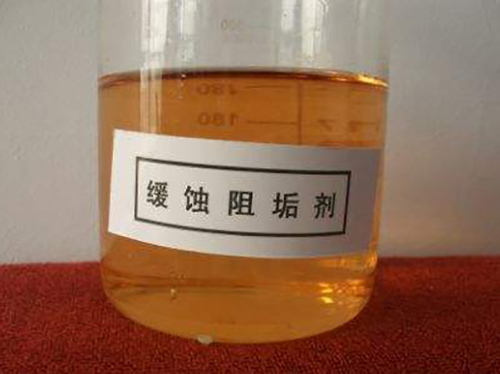scale inhibitor water treatment
Scale Inhibitor Water Treatment An Effective Solution for Industrial Applications
Water is an essential resource for various industrial processes, but it often contains mineral impurities that can lead to scaling. Scale formation is a common issue in water treatment systems, boilers, heat exchangers, and cooling towers, where mineral deposits can severely affect operational efficiency, increase maintenance costs, and even result in equipment failure. To combat this, scale inhibitors are used as effective treatment solutions.
Scale inhibitors are chemicals added to water systems to prevent the formation of scale. They function by modifying the crystallization process of scale-forming minerals, such as calcium carbonate, calcium sulfate, and silica, thus keeping them in a soluble state. These inhibitors can be organic or inorganic compounds. Popular organic scale inhibitors include polyacrylic acids and phosphonates, while common inorganic options include phosphoric acid and sodium hexametaphosphate.
scale inhibitor water treatment

The effectiveness of a scale inhibitor depends on various factors, including the concentration of the inhibitor, the pH of the water, temperature, and the specific type of minerals present. For instance, in high-temperature systems, such as boilers, where the risk of scaling is higher, the choice of a suitable scale inhibitor becomes crucial. It is essential to perform thorough water analysis before selecting an appropriate scale inhibitor that aligns with the specific water chemistry and operational conditions.
Implementing a scale inhibitor water treatment can lead to numerous benefits. Firstly, it enhances the operational efficiency of systems by preventing scale buildup, which can obstruct flow and reduce heat transfer efficiency. Secondly, using scale inhibitors can significantly lower maintenance costs by minimizing the frequency and intensity of descaling operations. This means less downtime and more consistent production rates. Additionally, by keeping systems cleaner, scale inhibitors contribute to energy savings, as less energy is required to operate in a fouled system.
In conclusion, scale inhibitor water treatment is a vital strategy for industries reliant on water-based processes. By investing in the right scale inhibition solutions, companies can protect their equipment, optimize performance, and achieve long-term cost savings. As water scarcity and quality concerns continue to grow, finding effective methods for water treatment will become increasingly important for sustainable industrial practices.
-
Water Treatment with Flocculant Water TreatmentNewsJun.12,2025
-
Polymaleic AnhydrideNewsJun.12,2025
-
Polyaspartic AcidNewsJun.12,2025
-
Enhance Industrial Processes with IsothiazolinonesNewsJun.12,2025
-
Enhance Industrial Processes with PBTCA SolutionsNewsJun.12,2025
-
Dodecyldimethylbenzylammonium Chloride SolutionsNewsJun.12,2025





